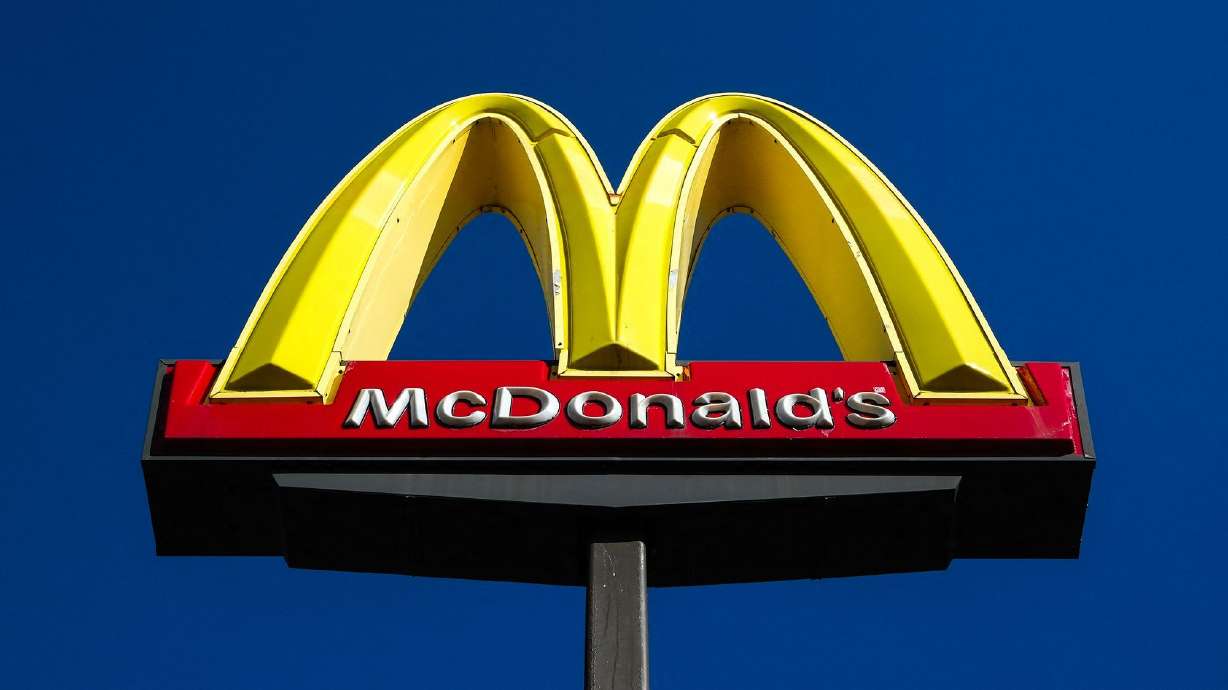- The People's Union USA targets McDonald's in an 'economic blackout' boycott.
- Led by John Schwarz, the movement demands fair taxes and corporate accountability.
- McDonald's faces scrutiny amid sales declines and backlash over price increases.
NEW YORK — McDonald's is the latest target of a grassroots "economic blackout" campaign that has previously targeted other major companies with mixed success.
The People's Union USA, led by John Schwarz, is now calling on people to boycott McDonald's beginning Tuesday through next Monday, explaining in an Instagram post that he's demanding "fair taxes, an end to price gouging, real equality, and corporate accountability."
"This is a show of strength, solidarity and people powered change," Schwarz wrote. "Let them feel it. Let them hear us."
McDonald's did not immediately respond to the comment about the boycott.
Boycotts are notoriously difficult to organize, and it's not clear that the effort will make a dent in McDonald's bottom line. Nevertheless, the spotlight is shining on McDonald's at a less-than-ideal time for the company, which recently reported its second consecutive quarter of sales declines. Customers, especially in low- and middle-income brackets, have pulled back their spending amid economic uncertainty.
McDonald's has faced backlash from some customers about its prices. The value perception of the chain has dimmed among its cash-conscious customers: The average price of items has soared about 40% since 2019. The company says this is in line with its rising costs.
Schwarz didn't immediately respond for comment. His website calls the group "a grassroots movement dedicated to economic resistance, government accountability, and corporate reform," adding that the "goal is to unite Americans against the corruption and greed that has kept us struggling for decades."
Boycott background
Schwarz garnered national attention earlier this year when his group called for an "economic boycott" on Walmart, Target, and Amazon for various reasons, including the rollback of diversity, equality, and inclusion programs.
In January, McDonald's discontinued some of its specific diversity goals, including a requirement for its suppliers to commit to certain DEI targets.
The chain also stopped participating in external surveys that measure corporate diversity, as well as changed the name of its diversity team to the Global Inclusion Team — a common practice for many other companies that have rolled back diversity pledges.
Companies have changed their views on DEI following the reelection of President Donald Trump, who opposes the efforts, and a Supreme Court ruling against affirmative action. Online pressure, legal threats and customer opposition have led many companies, including Walmart, Ford, Harley-Davidson, John Deere and others to make changes to their DEI initiatives.
Still, Schwarz's bark might be louder than his bite. A March boycott against Amazon had negligible effect to its bottom line, with the company posting better-than-expected earnings results during that quarter.
The "economic blackout" effort is relatively uncoordinated and nebulous. Experts on consumer boycotts and corporate strategy are dubious that it will make a dent in the bottom lines of the massive companies that it targets, let alone the vast U.S. economy.
However, a 40-day boycott against Target led by megachurch pastor Rev. Jamal Bryant has been more fruitful. Sales fell last quarter, driven in part by customer backlash to Target's reversal on its DEI programs, the company admitted.








